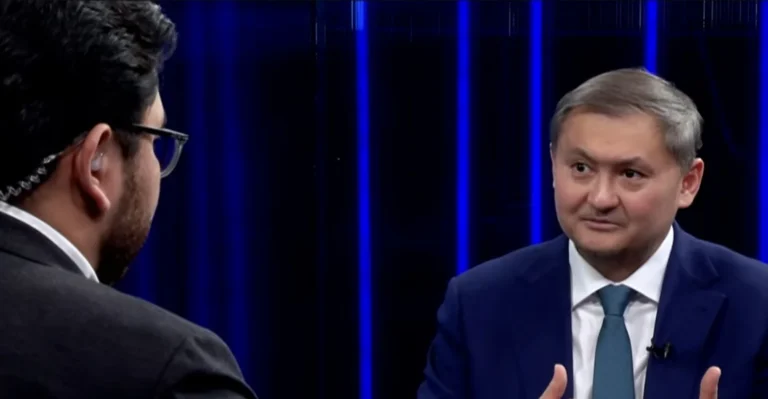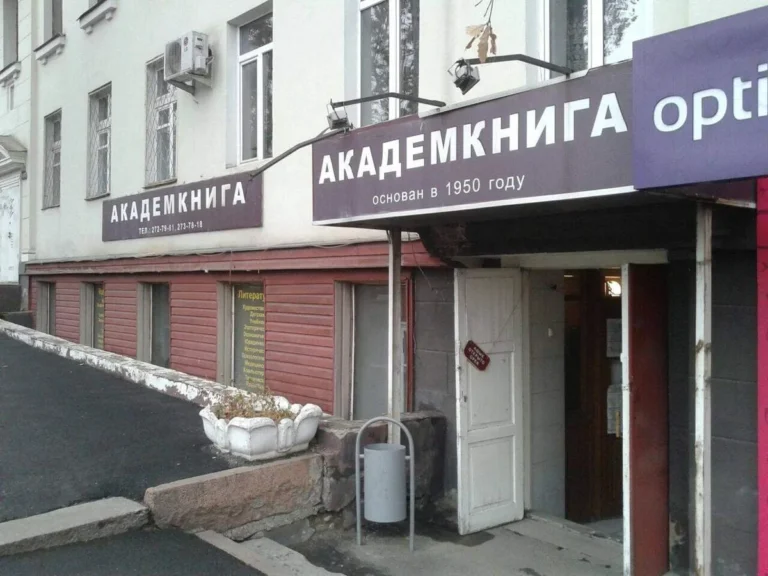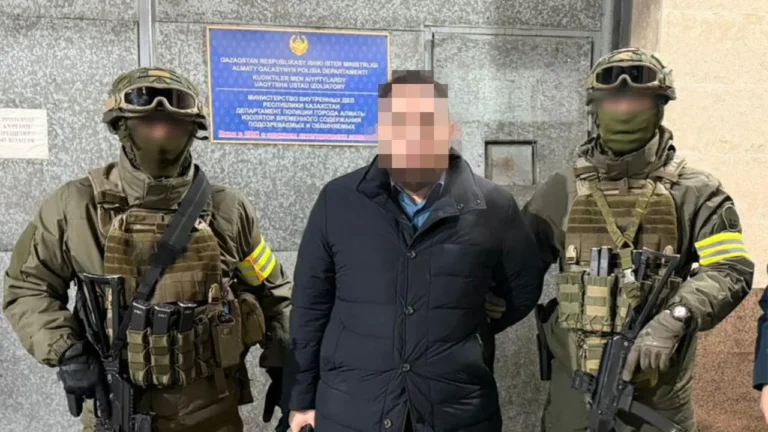Expert says war increased “risk” of Russia getting nuclear power deal

Independent expert Mukhamedkali Ospanov criticises the “rushed” public hearings held around government plans to build Kazakhstan’s first nuclear power station. Ospanov also says chances that the Kremlin will arm-twist the government into picking Rosatom as the main contractor for the project have increased “tremendously” since Russia’s invasion of Ukraine.
In an interview with Exclusive.kz, Ospanov, a former engineer at Russia’s Nuclear Research Institute, described as “shameful” the recent public hearings on the plans to introduce nuclear power generation.
He said the event was “rushed” and was not preceded by “a proper professional discussion involving the experts, so they could give their answers to all the questions being raised by those opposing the planned construction of a nuclear plant”.
“I mean the serious questions concerning environmental safety, security issues and nuclear waste disposal,” he said.

He said that “at the very least they should have held parliamentary debates involving opponents of nuclear power, the experts, including international ones”, in order “to show openness and a professional approach”.
The hearings, attended by officials, environmental activists and local residents, were held in August in the southeastern village of Ulken by Lake Balkhash — the proposed site of a future nuclear power station.
There is strong public opposition to the idea, particularly Russia’s likely involvement in it, because of the painful legacy of the Soviet nuclear weapons tests on Kazakh soil.
The Russian government has been showing an interest in the project for years. President Vladimir Putin too has remarked on Russia’s readiness to take it on in the past few years.
Rosatom is one of the four companies on the shortlist of potential contractors for the nuclear station project announced by the government in August. The others are China’s CNNC, South Korea’s KHNP, and France’s EDF.
Public opinion around Moscow’s possible involvement in the project has turned still more negative in Kazakhstan since Russia’s invasion of Ukraine. However, a broad, organised public movement against the project is unlikely.
Ospanov said that since the start of the war in Ukraine “the risk of Russia’s building [a nuclear station] in Kazakhstan has increased tremendously”.
He said that Rosatom was “far from being the best choice” at present, “but excluding it is a difficult task”. “It is shortlisted [as a potential contractor] and if we suddenly say no, Rosatom cannot take part in the tender, I do not think it will have good consequences for Kazakhstan.”
Ospanov also noted that Rosatom has not been subjected to any sanctions by the West.
“Note that this year the European Parliament has approved the construction of a nuclear power station in Hungary, despite demands and protests on Ukraine’s part. Moreover, the French government has approved its own state nuclear company’s cooperation with Rosatom over the project in Hungary. The USA is planning to cease cooperation with Rosatom only by 2028,” Ospanov said.
Ospanov added that Kazakhstan was “in a hurry” to acquire nuclear power because of its commitments in line with the Paris Protocol that it signed in 2016 to cut CO2 emissions by 15 percent … however, so far, we have not been cutting but increasing them.” Currently, coal accounts for 70 percent of the overall electricity generation in Kazakhstan. Most of the electricity generation facilities are Soviet-built, in need of modernisation and struggling to cope with the growing demand for power.





Все комментарии проходят предварительную модерацию редакцией и появляются не сразу.